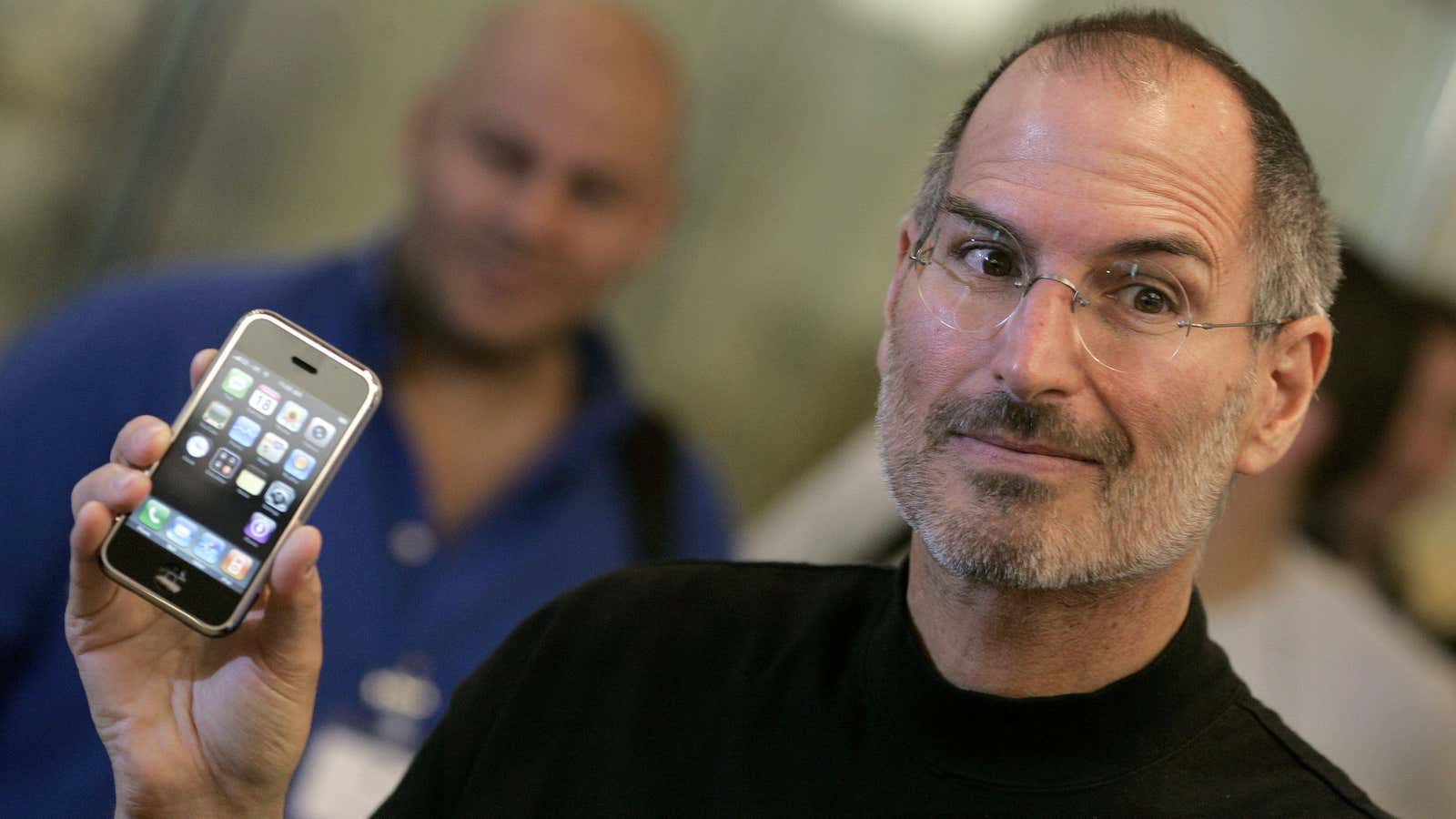This question originally appeared on Quora: How Do I Find My Passion? Answer by Justine Musk, @justinemusk, blogger, fiction writer.
The problem is that we’ve lost any real sense of what “passion” means.
It’s not what gives you bliss or makes you happy 24/7, but what you’re willing to suffer for; what you genuinely believe to be worth the sacrifice.
The next time you feel energized and strong and like the best version of yourself (the you that you wish you could be all the time) pay attention to what you’re doing in that moment. Write it down. Do this for as long as it takes until you see a pattern emerging. It won’t necessarily be the activities themselves but they will have something in common. Look into them and behind them until you find what dramatists call a throughline: the essence of what you’re good at and what drives you.
I spent most of my lifetime thinking that my passion is for writing, and for fiction in particular. But when I stepped back a bit and considered the other activities that light me up and make me feel a sense of wholeness (including my love of social media!), I realized that my passion is for emotional resonance, be it with a friend or spouse or audience or even the culture in general. I like moving into that sweetspot where something in my inner life overlaps with another consciousness, including a kind of group consciousness. That might sound like I should be lighting sticks of incense and showing off my dreamcatcher collection, but it is the best feeling. Writing is my main expression of that but when I find ways to bring it into other areas of my life, I am a happy (happier) woman.
We confuse the activity with the value behind the activity. It’s the value that compels us and which we can transfer to paid-income work in a way that changes lives (and the industry itself).
What Steve Jobs was passionate about was not computers per se, any more than it was calligraphy or Japanese gardening. It was simplicity (Joe Pulizzi makes this point in his excellent upcoming book, Content Inc). He made it his obsession and his art. He introduced it to an industry that, as far as it was concerned, was doing just fine without it.
Simplicity drove the Apple identity: the strategy, the products and marketing and branding, the PowerPoint presentations. Simplicity enabled a computer company to connect with mass culture on a deep, emotional level, when Jobs himself was not exactly Oprah (even if he also made people teary-eyed).
Jobs brought it home just as fiercely: the complications of a couch, for example. His living room didn’t require one.
Passion matters, given that you’re likely to spend more time being deeply, truly involved with work that energizes you instead of depletes you (or makes you want to stab your eyes out with your boss’s Mont Blanc pen).
When you can put in real, focused, quality time, you’re a lot more efficient and can maybe also have a life. Imagine that.
You can follow Quora on Twitter, Facebook, and Google+.
More from Quora:
How Can I Motivate Myself To Work Hard?
